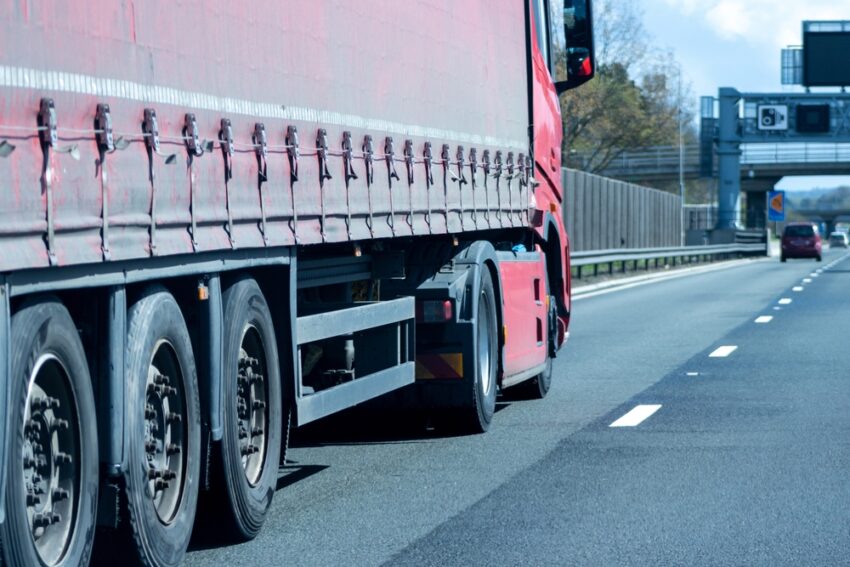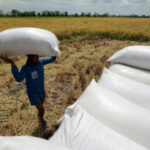Communities are transformed when environmental responsibility shapes their infrastructure strategies. Roads, bridges and urban systems define daily life, and every decision about materials affects long-term ecological sustainability. Engineers, contractors and planners look for methods that conserve natural resources while maintaining structural strength.
Governments and local builders benefit when infrastructure projects adopt circular practices. Recycling asphalt saves money by reducing the need for new production and transportation. Reclaimed materials also perform better than newly manufactured alternatives, providing durability and strength without compromising safety.
By prioritizing recycled resources, communities create a stronger connection between progress and conservation. Each road built from recycled materials becomes a visible statement of collective responsibility and foresight.
Balancing sustainability with social responsibility
Sustainability goes beyond environmental action and enters the realm of personal care and compassion. Individuals seek ways to live responsibly and consciously prepare for end-of-life transitions.
Burial insurance options allow people to plan financially for final expenses while reducing stress on loved ones. Responsible planning provides peace of mind by preventing last-minute financial stress and emotional pressure.
Making informed financial choices contributes to long-term sustainability for individuals and communities. Exploring burial insurance options early creates predictability in situations that often cause uncertainty. Every contribution supports safety, providing protection that is consistent with the values of preparedness and care.
By addressing financial obligations before they become urgent, families maintain dignity and maintain clarity. Thoughtful preparation becomes an act of respect for both loved ones and the planet.
Strengthening economic systems through better billing practices
Financial management evolves as organizations search for models that combine clarity, fairness, and reliability. A subscription billing platform reflects these values by promoting structure in recurring transactions. This system supports transparency between providers and customers, helping both parties understand costs and expectations.
Organizations that use structured billing methods can better forecast revenues and plan for sustainable growth. A subscription billing platform encourages consistent engagement and helps track customer retention. By adopting automated and transparent billing frameworks, finance teams reduce errors and strengthen trust.
Predictability allows expansion to be planned without unnecessary financial risk or confusion. Businesses that adopt recurring payment systems build stronger relationships based on dependability and fairness.
Integrating environmental and financial innovation
Environmental responsibility and financial foresight have more in common than many people realize. Both require careful planning, accurate measurements, and a commitment to improvement over time. The concept of asphalt recycling parallels the financial discipline required for a stable budget.
Just as reused sidewalk materials reduce waste, an organized billing system reduces financial confusion. When systems operate smoothly, both communities and businesses experience stronger and more sustainable outcomes.
Long-term progress depends on aligning environmental goals with sound fiscal management. A balanced approach allows leaders to invest in sustainable technologies while maintaining accountability. Similarly, exploring options such as burial insurance demonstrates financial care and responsible planning.
Every layer of innovation, from green construction to better billing systems, reinforces the same principle: thoughtful design preserves both resources and relationships.
Encouraging collective participation in sustainability
Progress increases when communities participate collectively in sustainable decision making. Every resident, activist and policy maker contributes to the shared goal of conservation and sustainability. Recycling asphalt in public projects provides citizens with direct evidence that progress can protect the planet.
When individuals see concrete results of sustainable practices, they feel motivated to support similar actions in their neighborhoods. Engagement is stronger when people understand how small changes affect long-term outcomes.
Financial literacy programs can reinforce these lessons by helping people make responsible personal decisions. Learning about burial insurance options teaches the value of preparation, while understanding subscription billing concepts improves awareness of recurring commitments.
Knowledge builds empowerment and helps residents link economic behavior with environmental management. When communities combine financial understanding with ecological awareness, cooperation becomes second nature. Education remains the bridge between knowledge and meaningful action that shapes a sustainable future.
conclusion
Sustainability thrives from the coordination between environmental and financial innovation. Asphalt recycling shows how practical solutions can reduce waste and strengthen infrastructure. Exploring burial insurance options strengthens personal responsibility and financial stability within families.
Adoption of systems like subscription billing platforms brings transparency and predictability to economic exchanges. Each of these practices supports the broader goal of long-term social balance.
The integration of sustainability into construction, finance, and personal planning creates a model for responsible progress. When communities and organizations act with foresight, resources are conserved and relationships are strengthened.










